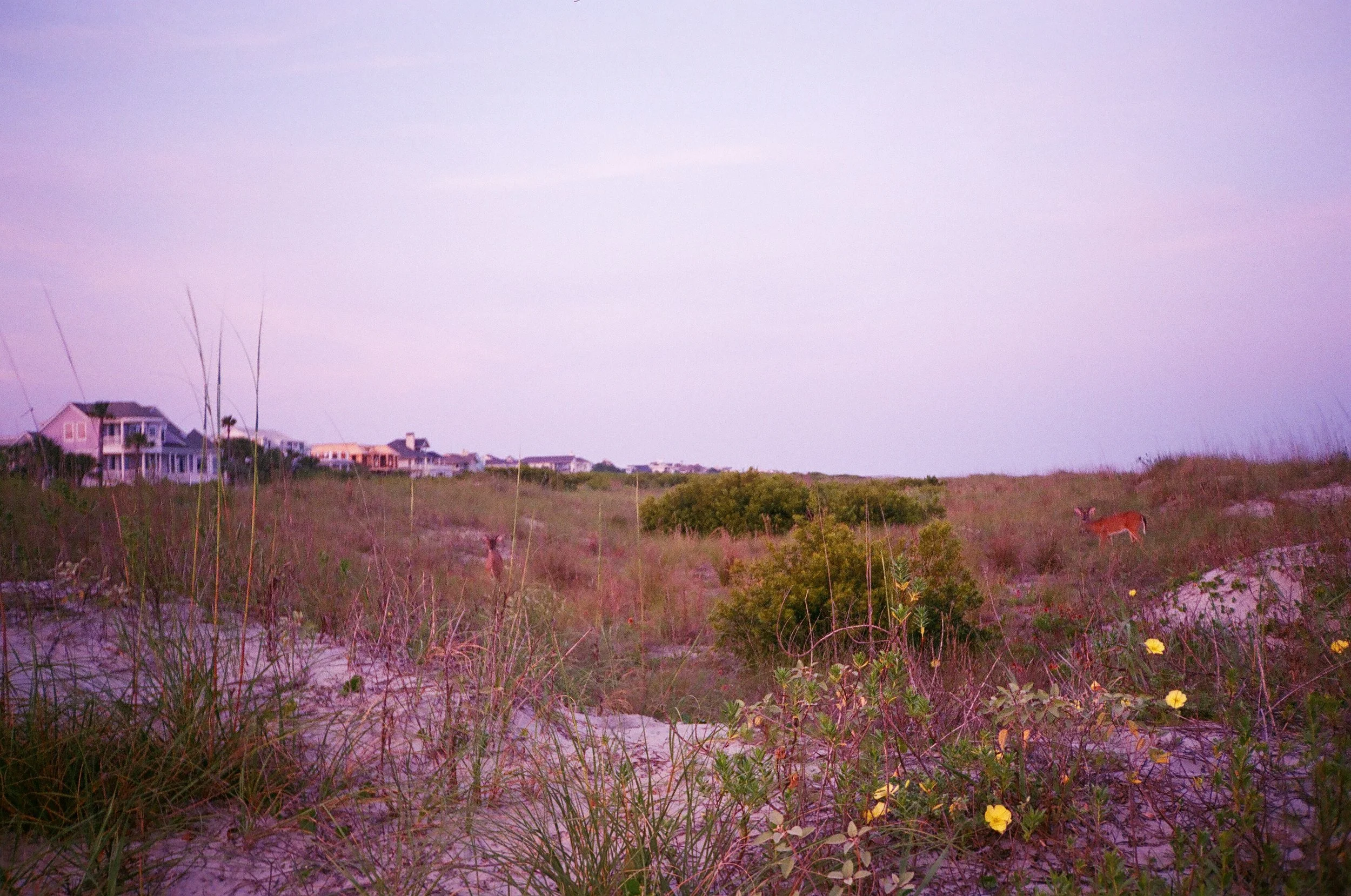
The Land is Holy
Arab American Book Award Evelyn Shakir nonfiction prize 2025
Foreword Indies Bronze 2024
“I don’t think you ever move on from leaving a life behind.”
Flora and fauna populate the lyrical essays in The Land is Holy, where natural life is used to glean respite, healing, and stubborn lessons on survival.”
Home has meant many different things to noam keim. Born a Queer Arab Jew in a settler family in Occupied Palestine, raised in the cobblestone streets of Mulhouse, France; a lifetime of escape across Europe, the foothills of Himalayas in Nepal, Bangkok, and then the makings of a chosen family on Occupied Lenape Land, known as Philadelphia. Through it all, the memory of one’s homes, the persistence of kin persecuted across timelines, their complicity in settler colonialism, and a dogged disavowal of inherited trauma. In this staunchly anti-zionist and abolitionist project, the author considers the wounds of diaspora ache by turning to the fierce primal inhabitants of their lineage for answers.
The stork in cyclical rotation, the bitter shiba, the prickly sweet Sabra, the blooming Lindens form larger-than-life metaphors in these essays. Surviving through violent crises and cruel political turns of hand, they are the salve to a world that can be possible with nurture. keim writes, “I want to believe that we carry, in our bodies and bones and blood, the particles of the leaves and flowers that saw our lineages past. Kin.” And in turn they urge us to find kinship with the world that wants us alive and buoyant.
What people say about The Land is Holy
-
"The Land is Holy is a collection overrun with generosity—one that generously asks a reader to consider what they might have taken for granted, what they might still be taking for granted. The stillness and beauty that not only surrounds us, but informs the history of what came before us. An understanding of what has been painted over, repurposed, and colonized, and how freedom can still be found, despite.” —
Hanif Abdurraqib, author of They Can’t Kill Us Until They Kill Us
-
“Lush and lyrical, powerfully evocative and intellectually trenchant, The Land is Holy is the shimmering debut collection of an essayist of rare talent. noam keim is a traveler, healer, wanderer, and storyteller whose sharp-eyed political vision is matched only by their poetic voice. keim’s essays dive courageously into themes of language and land, diaspora and longing, violence and justice, challenging us all to question what it means to claim a place as our home. Long after readers turn the last page, keim’s images will continue to linger in their dreams.”
Kai Cheng Thom, author of Falling Back In Love With Being Human
-
“The Land is Holy is a gift. There is so much wisdom in these pages—sentences that sway with music and lyricism, an essayist moving through the world with an open heart, with curiosity and generosity. Every page teaches us something about what it means to be connected to a people, what it means to be human, and alive.”
Jaquira Díaz, author of Ordinary Girls
-
“I want to put this book in the hands of any readers affected by state violence, which is almost everyone. In keim’s meditations on trauma, plants, the intergenerational reverberations of war and displacement, homemaking, prison abolition, the joy of drinking mint tea, and other essays, the writer implores us to remember that we all share the same holy land and are members of the same human family. What happens to you, happens to me; for decades before and after. Long after I’ve finished reading this beautiful, powerful book, I feel hopeful, more courageous, and inspired to find a way to add to the world despite all of the taking away.”
Grace Talusan, author of The Body Papers
-
“The Land is Holy is a stunning collection of essays that weaves through the cities and relationships of the author’s life within multiple iterations of exile and estrangement. The book elegantly layers ancestral, historical, and diasporic stories, anchoring each essay in lush meaning, making kinships with flora and fauna, all the while confronting the systemic violences that shape our world. Born a settler in occupied Palestine, keim interrogates Zionism with particular directness and clarity, disavowing settler-colonial entitlements, while untangling its harrowing imprint on their own family’s formation. A must read for those on a quest for ancestral re-membrance, liberatory healing and meaningful possibilities of redemption within the wreckage of our colonized world.”
Layla K. Feghali, author of The Land In Our Bones
